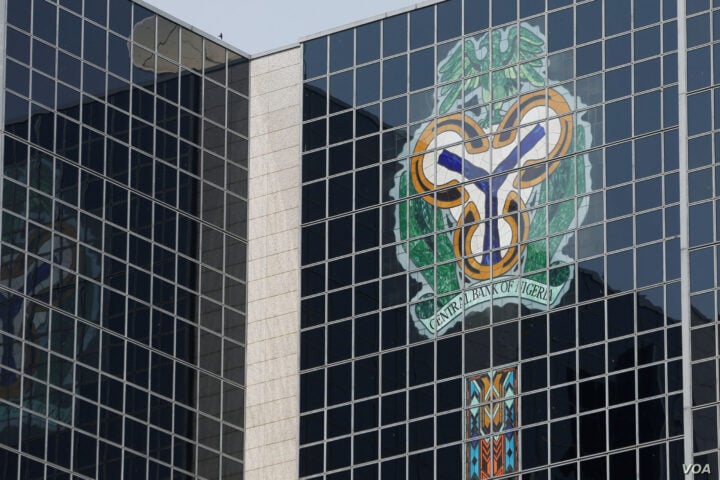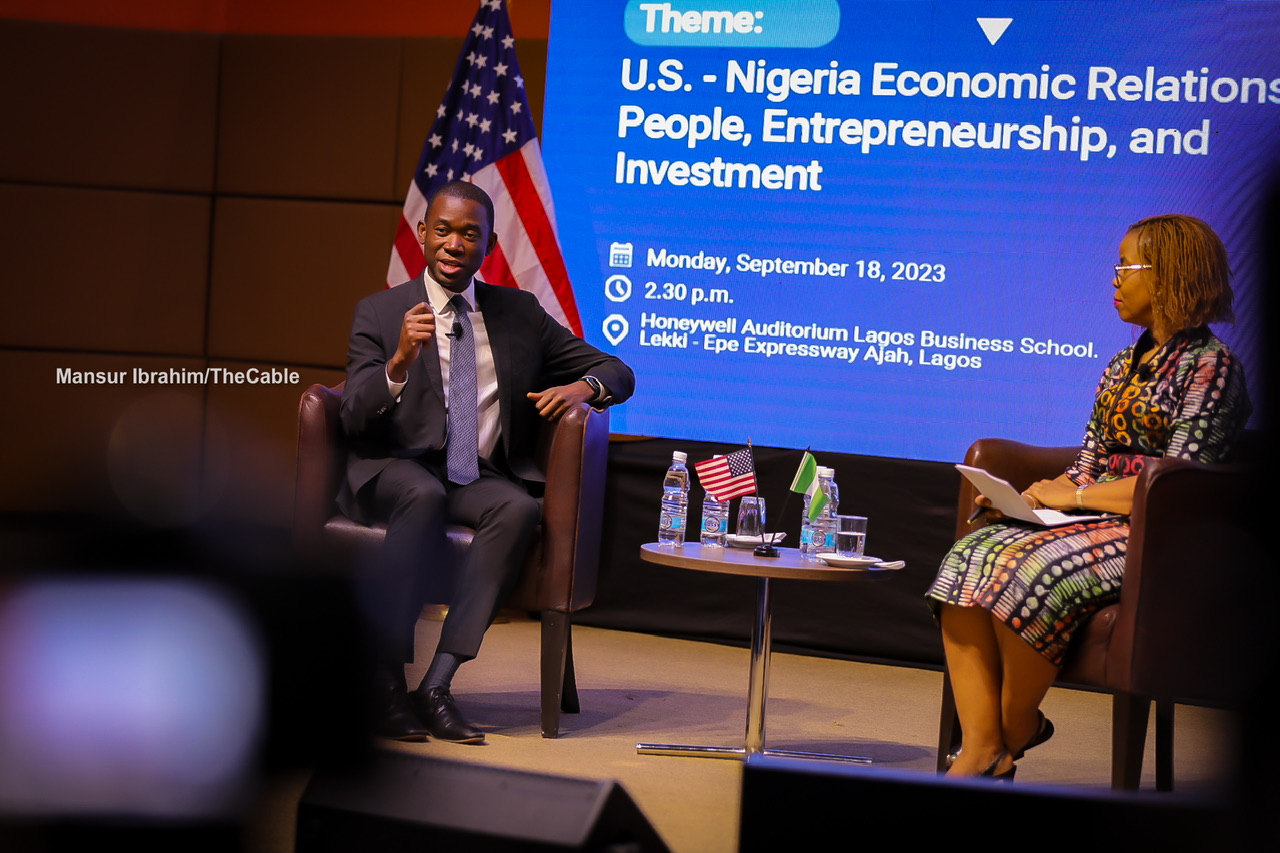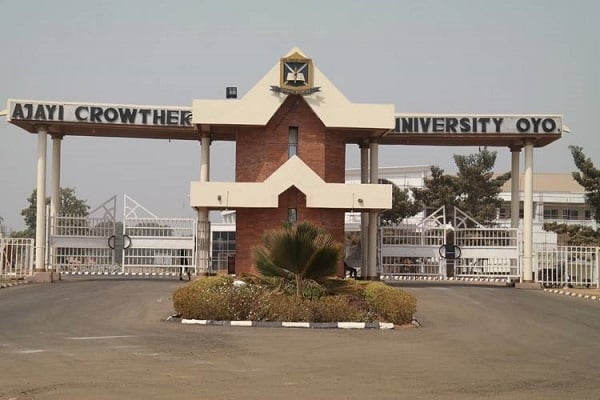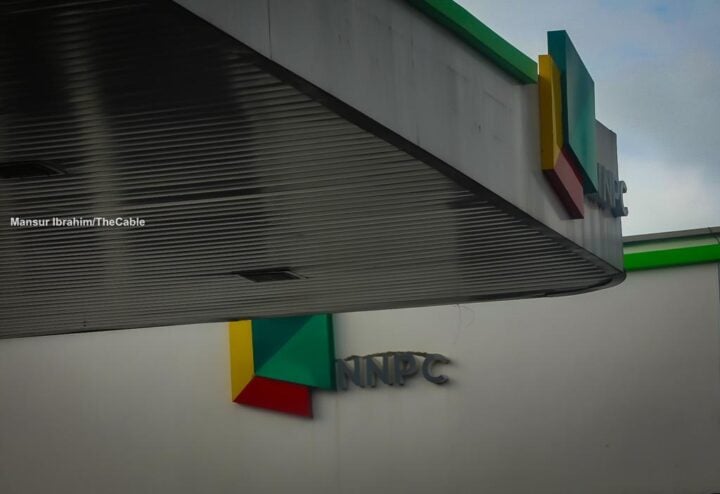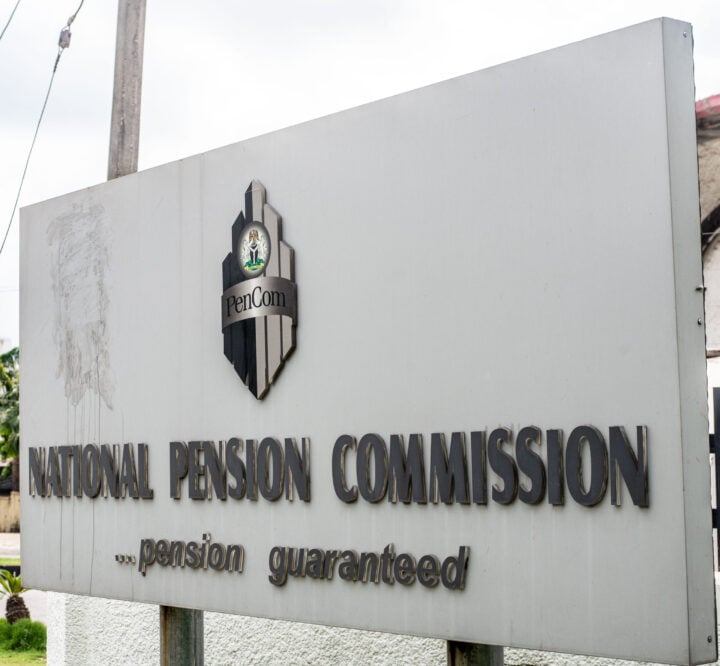As the monetary policy committee (MPC) of the Central Bank of Nigeria (CBN) prepares to meet next week to decide the movement of the monetary policy rate (MPR), analysts are divided on the decisions of the panel concerning changes to the interest rate.
In July, the MPC, headed by Folashodun Shonubi, the acting governor of the apex bank, increased the interest rate by 25 basis points to 18.75 percent, from May’s 18.5 percent.
Shonubi’s presence at the next MPC meeting scheduled for September 25 and 26 is uncertain, after President Bola Tinubu nominated Olayemi Cardoso as the new governor of the CBN.
Regardless of the governor heading the meeting on Monday and Tuesday, two analysts told TheCable that they expect more basis points to be added to the MPR, but one disagreed.
Advertisement
The MPR is the benchmark interest rate used by commercial banks to disburse loans to businesses and individuals. A decrease in the MPR cuts the cost of credit and an increase raises the cost of borrowing.
With the National Bureau of Statistics (NBS) reporting an inflation rate of 25.80 percent in August 2023, analysts said the MPR will most likely be raised by as high as 20 to 25 basis points.
MPC TO TIGHTEN MONETARY SPACE
Advertisement
Charles Abuede, an analyst at Cowry Asset Management, said the committee will not be holding the rate because of the persistent upward trend in headline inflation, both in Nigeria and globally.
Abuede said the issue of inflation remains a top concern for central banks, noting that in the last MPC meeting in July, “they raised interest rates by 25 basis points to 18.75% and adjusted the asymmetric corridor by +100/-300 basis points around the MPR from the initial +100/-700 basis points”.
“We anticipate the committee to adopt a more hawkish stance at the upcoming meeting in an effort to combat rising inflationary pressures,” Abuede said.
Projecting an increase of between five to 20 basis points, Abuede said the CBN’s tools in its arsenal are weak considering the fact that despite previous rate hikes, the inflation rate is still surging.
Advertisement
But he said another hike will be seen “to watch the effect of previous hikes permeate the economy and give directions on the push to rein in on inflation”.
Muda Yusuf, the chief executive officer of the Centre for the Promotion of Private Enterprise (CPPE), also projected an increase of about 25 to 50 basis points.
But Yusuf suggested that the committee retain the rate, considering the previous movements have not curbed inflation.
He also made the case that the key drivers — exchange rate, energy cost, and insecurity — are outside the monetary space and cannot be resolved by the tools applied by the MPC.
Advertisement
“We have deployed monetary tools, almost to the point of exhausting it or almost to the point of the limit of the monetary tools,” the economist said.
“Doing comprehensive analysis, I don’t know how many countries in the world have CRR of up to 32.5 percent. Most countries in the world, their main monetary tool is actually the MPR. But here, we have the MPR and the CRR, and both are very high. And it’s not bringing down inflation either.”
Advertisement
Yusuf concluded that the MPC would raise the rate just to give a signal that “we are in a tightening mood of monetary policy,”
MPC WILL HOLD RATE DUE TO TINUBU’S QUEST
Advertisement
On the flip side, Uche Uwaleke, the president of the Association of Capital Market Academics of Nigeria, projected a hold in the monetary rate, hinging his stance on Cardoso not taking a drastic decision on his first MPC meeting.
“Being his first, I don’t expect any change in the policy rates. I predict a hold position in all policy parameters despite rising inflation and forex market pressure that, ordinarily, should have dictated a further hike in the MPR even if by another 25 basis points as was the case in July,” Uwaleke said.
Advertisement
“Given the President’s desire for a low-interest rate environment in support of one of his 8-point agenda, which is access to credit, I am inclined to believe that the new CBN Governor will most likely change the current tightening stance of monetary policy to an accommodative one in the coming months,”
WHY CBN’S MONETARY POLICY TOOLS ARE NOT CURBING INFLATION
Explaining why the monetary tools of the financial regulator are unable to get the results the it wants, Yusuf, the CPPE chief, said the solutions are out of the apex bank’s hands.
“Let us look at the key drivers, because it is when you know the key drivers, that you know what to address. One of the key drivers is exchange rate,” he told TheCable.
Yusuf said if the exchange rate can be tackled, it would be possible to curb the inflation rate, although he admitted that it is not easy to solve the volatility of the exchange rate.
“The other issue is energy cost. The oil price is now getting close to $95 per barrel. That’s already leading to the cost of diesel (and) increase in the cost of gas,” the CPPE added.
“And invariably, it will come to even affect petrol, because there’s a relationship between international crude oil price and domestic energy price.”
Yusuf also said insecurity is fueling prices through the disruption of food supply, while transportation cost is rising on the back of an increase in diesel prices.
Add a comment
